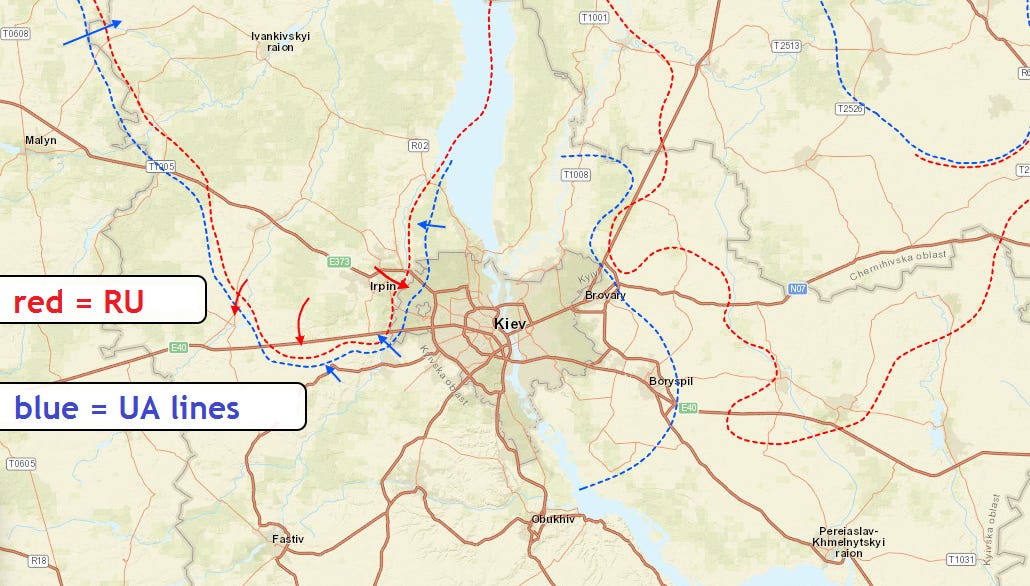It wasn't so much a problem of too few RRs (though that was at least somewhat of the issue) as lack of ability to keep up the RRs they had during the war. That was a problem for everyone though and for Russia due to having huge distances to travel over limited numbers of lines made the problem worse for them relative to other powers with greater redundancies and shorter distances to travel as well as better built up RRs. It was a complex and insurmountable problem in the East, one that reared its head again in WW2, but by then the Russians had greater industry and learned from the problem so had a bunch of rail brigades to fix the system. It also didn't hurt that they fought the war deep in their own country, which really cut down on the number of lines to be serviced and distances traveled, though that hurt them later on when advancing in 1943-45.
Thanks. Also, off-topic, but I want to figure out how an alt-WWI starts in 1917: Franz Joseph dies, Franz Ferdinand is about to be crowned, the Hungarian nobles say "No!" to FF until he agrees to renounce his universal suffrage plans, FF says "No!" and implements Plan U, which fails similar to the 2022 Russian invasion of Ukraine. Romanian Transylvanians, with Romanian support, push for a restoration of the Transylvanian Diet after the end of the war and threaten a separatist uprising if they do not get it. Does FF agree? Could Transylvania vote for both its own Diet as well as for the Hungarian Parliament? And does Bosnia use this A-H civil war as an opportunity to declare independence and join Serbia? Bosnia did have its own Diet (Landtag), IIRC. Would Bosnia be the spark for an alt-WWI here? I don't think that French socialists would actually be willing to fight for a reactionary Magyar Hungarian regime that opposes universal suffrage, after all. So, it's either support Transylvanian Romanian separatists if they can't reach a deal with FF or support Bosnian separatists--or both, I suppose! And do the Italians in Tirol demand separate autonomy for Italian-majority southern Tyrol, with Italian support? Could that be the flashpoint for an alt-WWI in this TL?


